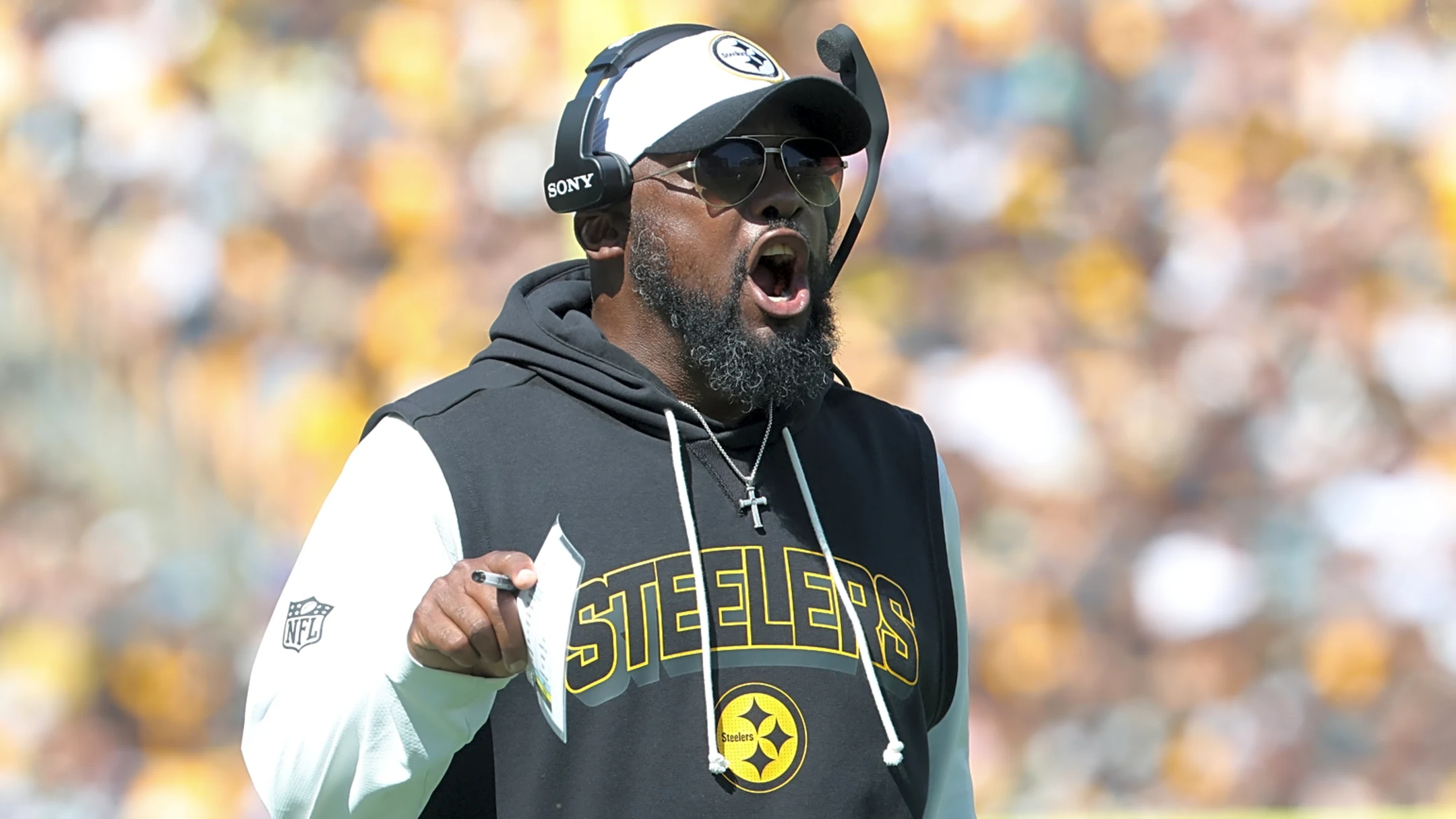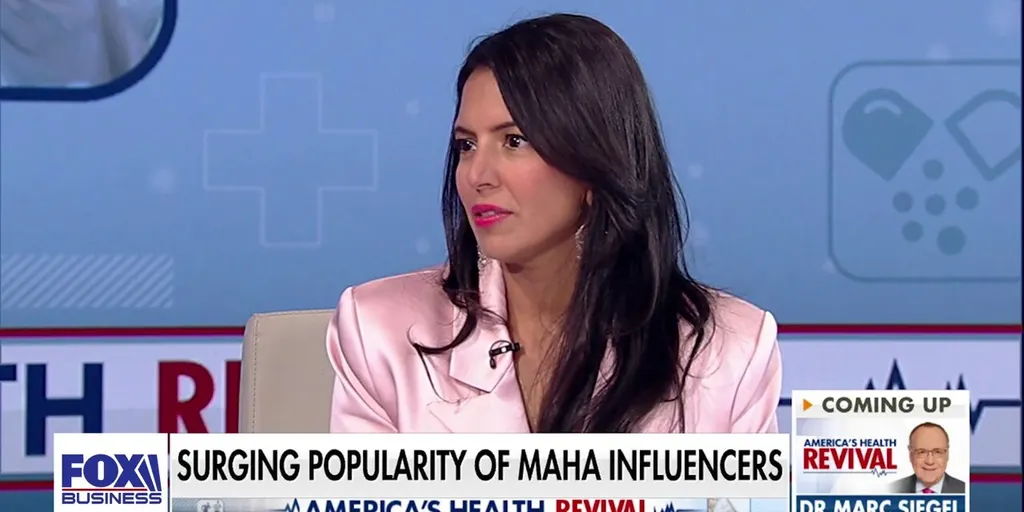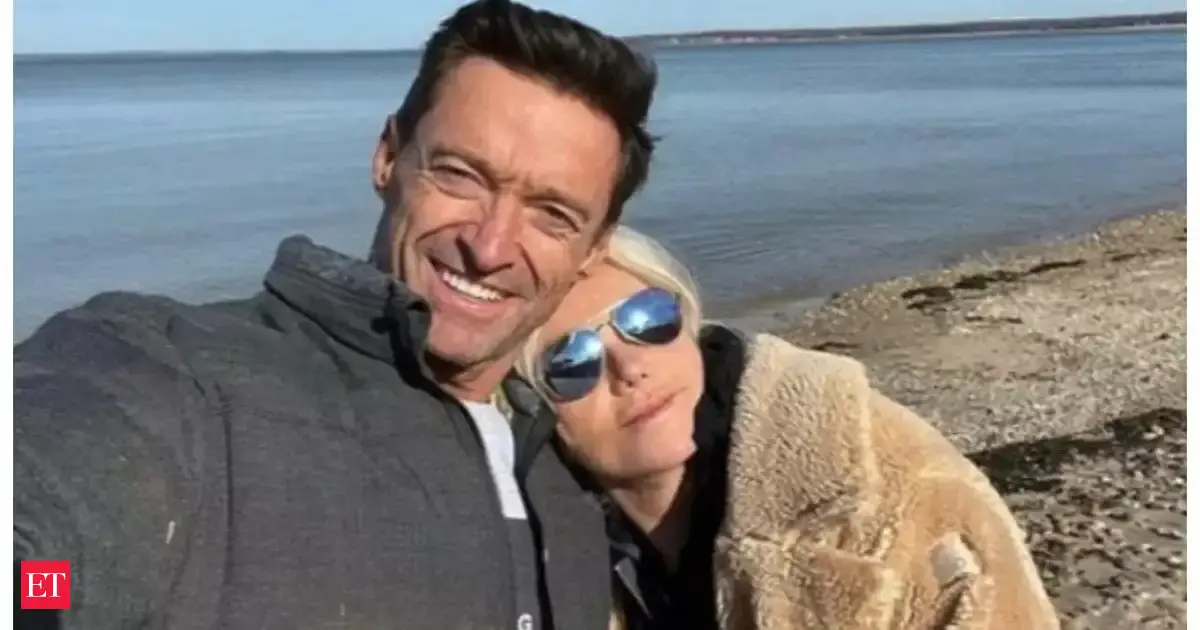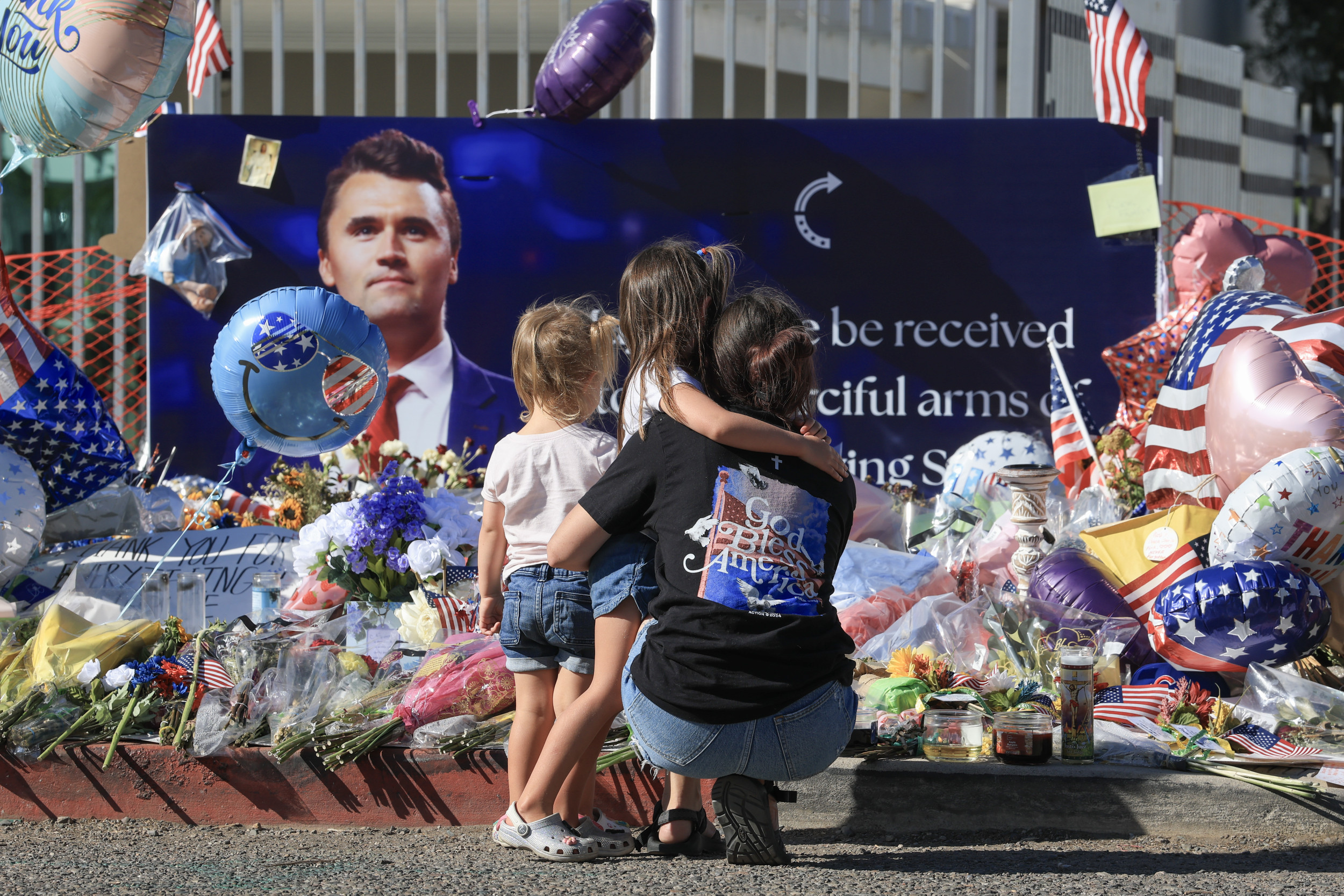By Tribune Editorial Board
Copyright tribuneonlineng
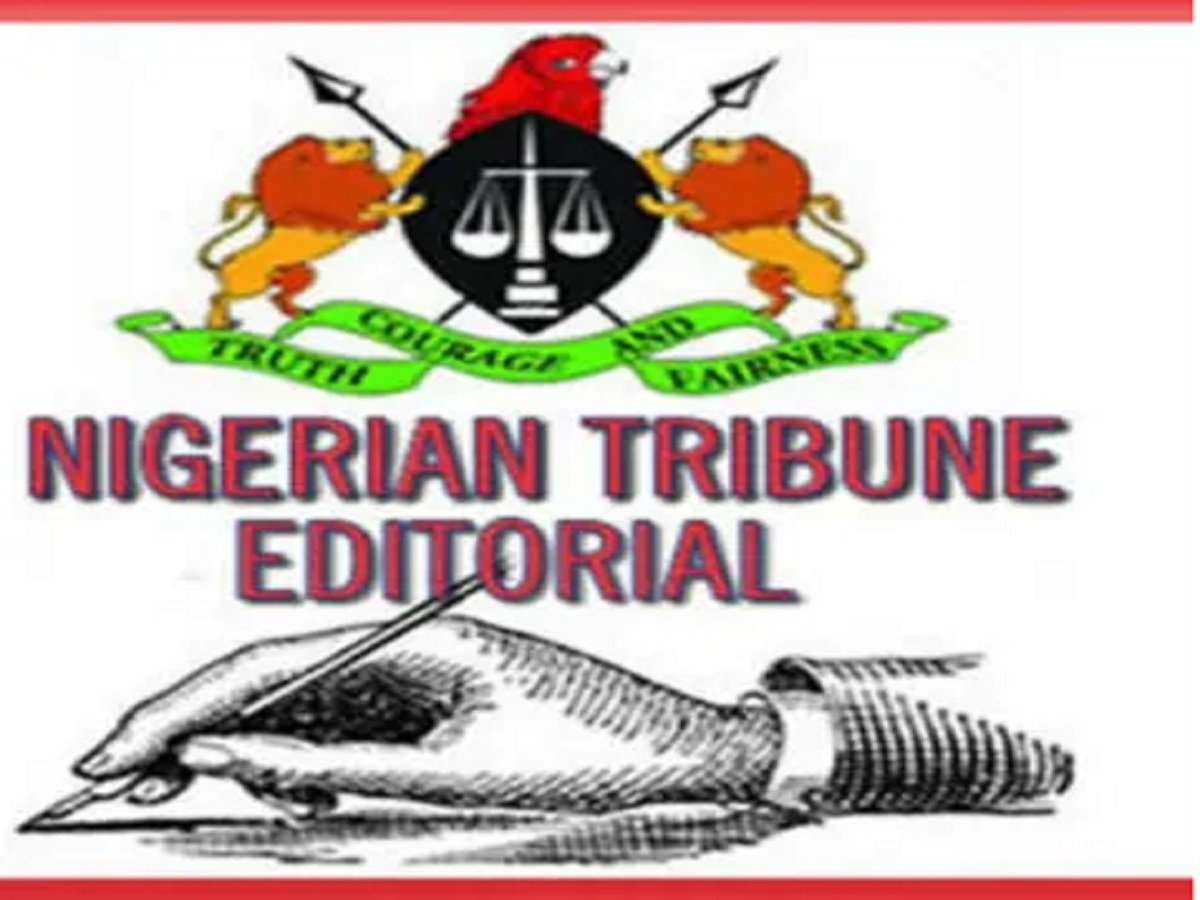
IN a democracy, the press is often described as the fourth estate, a vital check on power and a conduit for truth. Yet, when journalist Hassan Mai-Waya Kangiwa exposed the deplorable conditions at Kangiwa General Hospital in Kebbi State, he was not met with gratitude or action on the facility but with handcuffs and intimidation. His arrest, allegedly ordered by Governor Nasiru Idris following the release of a video showing patients lying on bare metal beds without mattresses, is a stark reminder of the perils faced by those who dare to speak truth to power. This incident is not merely about one journalist’s detention; it is a symptom of a broader systemic disease that prioritises image over integrity and suppression over solution.
The video that sparked this crisis was not a sophisticated production. It was a raw, unfiltered glimpse into the reality of a healthcare system in decay. Patients were shown lying on bare metal beds, a visual testament to years of neglect and mismanagement. As the footage circulated widely on social media, it ignited public outrage and drew renewed scrutiny to the state’s healthcare system. Rather than addressing these glaring deficiencies, the state government chose to target the messenger. Security operatives reportedly raided Kangiwa’s home, seizing his mobile devices and professional equipment, and detained him without initial explanation or access to legal representation. This response is emblematic of a growing trend in Nigeria where journalists are criminalised for doing their jobs of informing the public and holding power accountable.
The detention of Kangiwa triggered a swift and powerful backlash. Human rights advocates like Dan Bello condemned the arrest as a “new wave of tyranny,” while pro-democracy groups such as the Take It Back Movement demanded his immediate release, emphasising that “silencing truth will not stop the people’s resistance.” The hashtag #FreeHassanKangiwaNow trended on social media, with users resharing the video and amplifying calls for accountability. This public pressure, combined with advocacy from organisations like Amnesty International and Media Rights Agenda, ultimately forced the government’s hand. Kangiwa was released after two days, compensated with ₦200,000 for his unlawful detention, and the state’s Commissioner for Health, Yunusa Isma’il, was suspended for gross negligence . While these actions are commendable, they do not erase the initial injustice. The arrest should never have occurred, and the compensation and suspensions are merely corrective measures after a blatant violation of human rights.
Kebbi State’s actions are part of a disturbing pattern of attacks on journalists across Nigeria. In recent months, reporters like Olatunji Adebayo, beaten while covering a protest; Blessing Okonkwo, assaulted for “unauthorised reporting”; and Ibrahim Garba, detained and physically assaulted at a rally, have faced similar reprisals for simply doing their jobs. This culture of impunity enabled by state and non-state actors poses a grave threat to media freedom and, by extension, to democracy itself. When journalists are silenced, citizens are deprived of the information needed to make informed decisions, and corruption and neglect thrive in the shadows.
The Kebbi State government must now answer critical questions. Under what law was Kangiwa arrested? Did he break any law, or was his arrest merely an attempt to muzzle the media? The government’s image is not tarnished by reports highlighting areas needing attention but by its response to such reports. A government confident about its commitment to its people would welcome criticism as an opportunity for improvement rather than treating it as an act of treason. The suspension of the health commissioner is a step in the right direction, but it is not enough. Kebbi State must undertake genuine reforms to ensure that its healthcare facilities meet basic standards. This includes investing in infrastructure, training staff, and fostering an environment where transparency is encouraged, not punished.
ALSO READ: I never told anyone I wanted third term, Obasanjo opens up
The release of Hassan Kangiwa and the suspension of the health commissioner are victories for public pressure and advocacy, but they are incomplete. The National Human Rights Commission (NHRC) has rightly called for a public apology from the Kebbi State government to fully comply with constitutional requirements. Beyond this, there must be a concerted effort to protect press freedom at all levels of government. Journalists are not enemies of the state. They are allies in the fight for accountability and good governance. The people of Kebbi State, and indeed all Nigerians, deserve a government that prioritises their well-being over its own image. The true measure of this incident will not be in the compensation paid or the suspensions made but in whether it leads to lasting change, a government that listens, learns, and acts in the interest of its people. The resistance to tyranny, as the Take It Back Movement noted, will not be silenced. It is the collective duty of Nigerians to ensure that it is not in vain.
